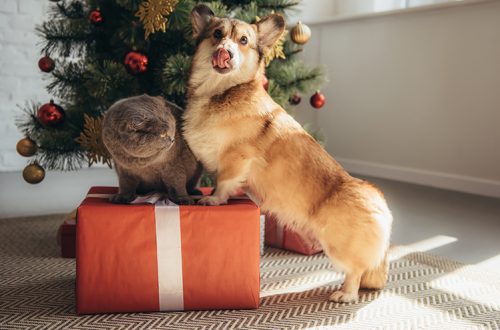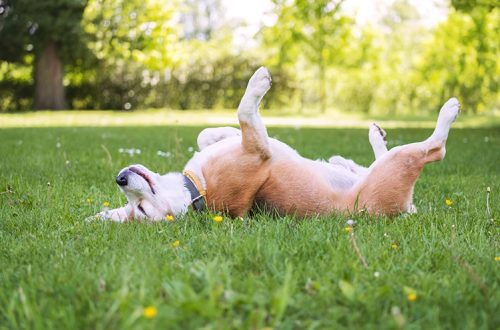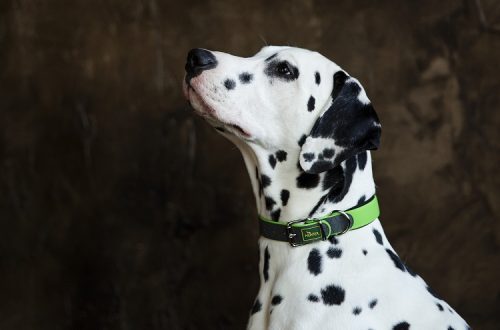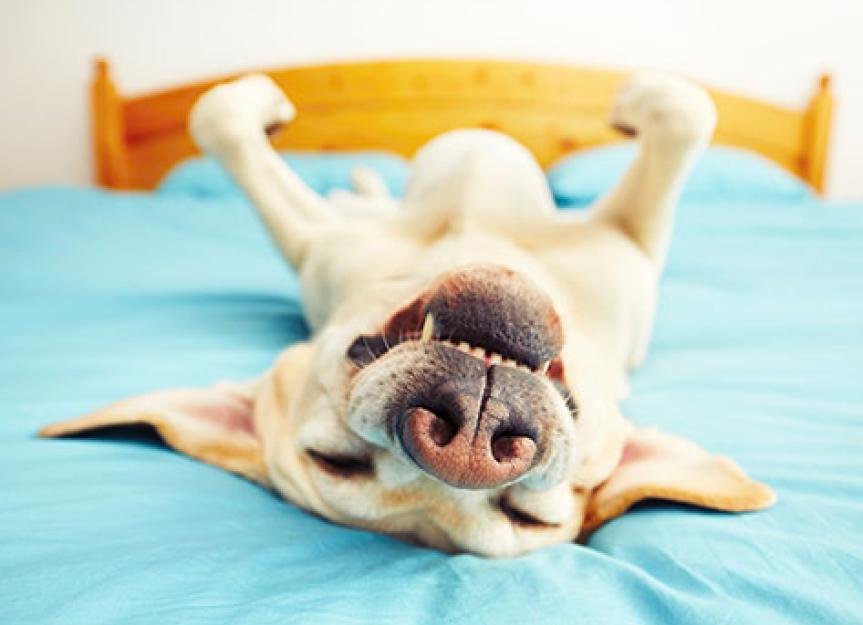
Why does a dog snore in his sleep?
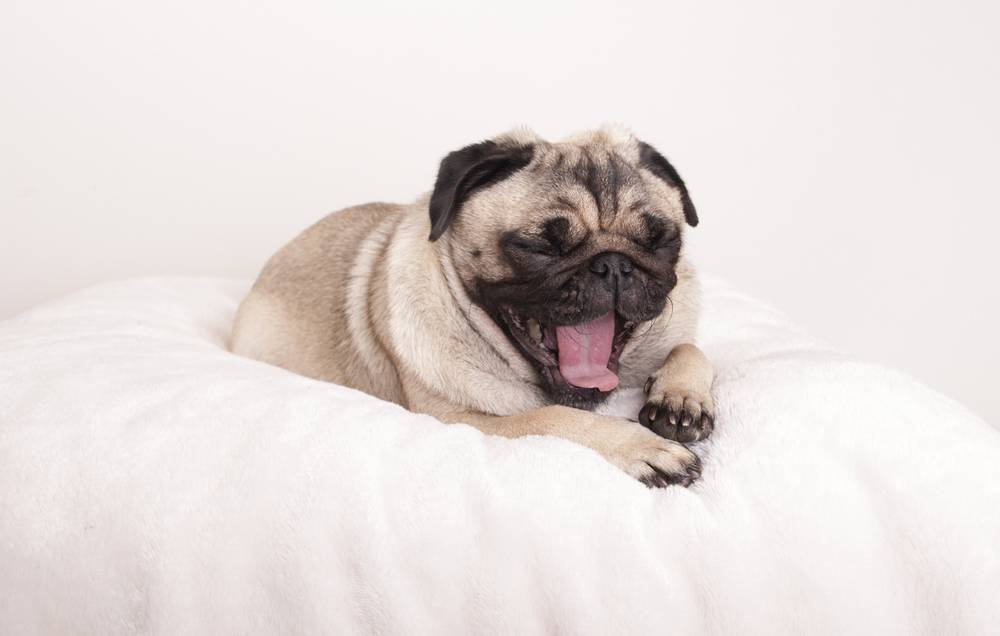
Snoring is considered normal in Pugs, French Bulldogs, English Bulldogs, Boxers and other brachycephalic breeds. This predisposition is due to the structure of the muzzle: a shortened nose, an elongated palate, a flatter larynx and nostrils impede the movement of air, even if the animal is completely healthy.
A pet of the brachycephalic breed must be regularly shown to the veterinarian, however, like any other dog. Favorite breeds belonging to this group are prone to obesity, asthma and problems with the cardiovascular system much more than their relatives. And since sniffling, grunting and snoring are phenomena that often accompany these dogs throughout their lives, owners rarely attach importance to them. However, such a careless attitude often leads to the development of chronic diseases in animals. If you notice a change in the intensity and frequency of your pet’s snoring, you should be alert.
As for dogs of other breeds, the sudden appearance of snoring is an alarming signal. The first thing the owner needs to do in this case is to figure out why the dog is snoring.
Contents
Snoring reasons:
Weakening of the throat muscles. This phenomenon is most often encountered by owners of older dogs and pets who are taking sedatives or are recovering from surgery;
Malocclusion can also interfere with the passage of air through the nasal cavity;
Obesity, including deposits on the throat, are also likely causes of snoring in a dog. This can be signaled by characteristic grunting when walking, and shortness of breath;
Mucosal edema may cause unwanted sounds due to allergic reactions or colds. This can also include a runny nose and even asthma.
A special condition in which a dog snores is apnea – a sudden stoppage of breathing during sleep. You can often notice how a dog freezes in a dream, stops breathing, and then swallows air with a characteristic sound. Such pauses in breathing are dangerous for the pet’s life! During pauses, the internal organs receive less oxygen, which can lead to the development of serious diseases.
What to do?
It is almost impossible to figure out the causes of snoring in a dog on your own, you need to visit a veterinarian. He will conduct the necessary examination and prescribe treatment.
It also happens that, according to the results of analyzes and studies, it turns out that the pet is healthy, but at the same time, he still snores in his sleep. How to proceed in such a case?
Monitor the cleanliness and humidity of the air in the apartment. Do not use air fresheners, eau de toilette with a strong odor, which can irritate the animal’s nasopharynx, as well as cause an allergic reaction. The same applies to the smell of tobacco and cigarettes. Dogs are very intolerant of smoke;
Walk regularly, play with your pet, if possible, try to protect him from stressful situations;
If your dog is overweight, put him on a diet. Obesity is a disease that provokes not only the development of snoring, but also increases the load on internal organs, blood vessels and joints;
If the dog is allergic, then in the spring, during flowering, choose suitable places for walking. But the change of the usual route should take place without compromising their quality and duration.
Analyze your pet’s bed. It should be convenient and comfortable.
Photo:
20 2018 June
Updated: July 6, 2018



